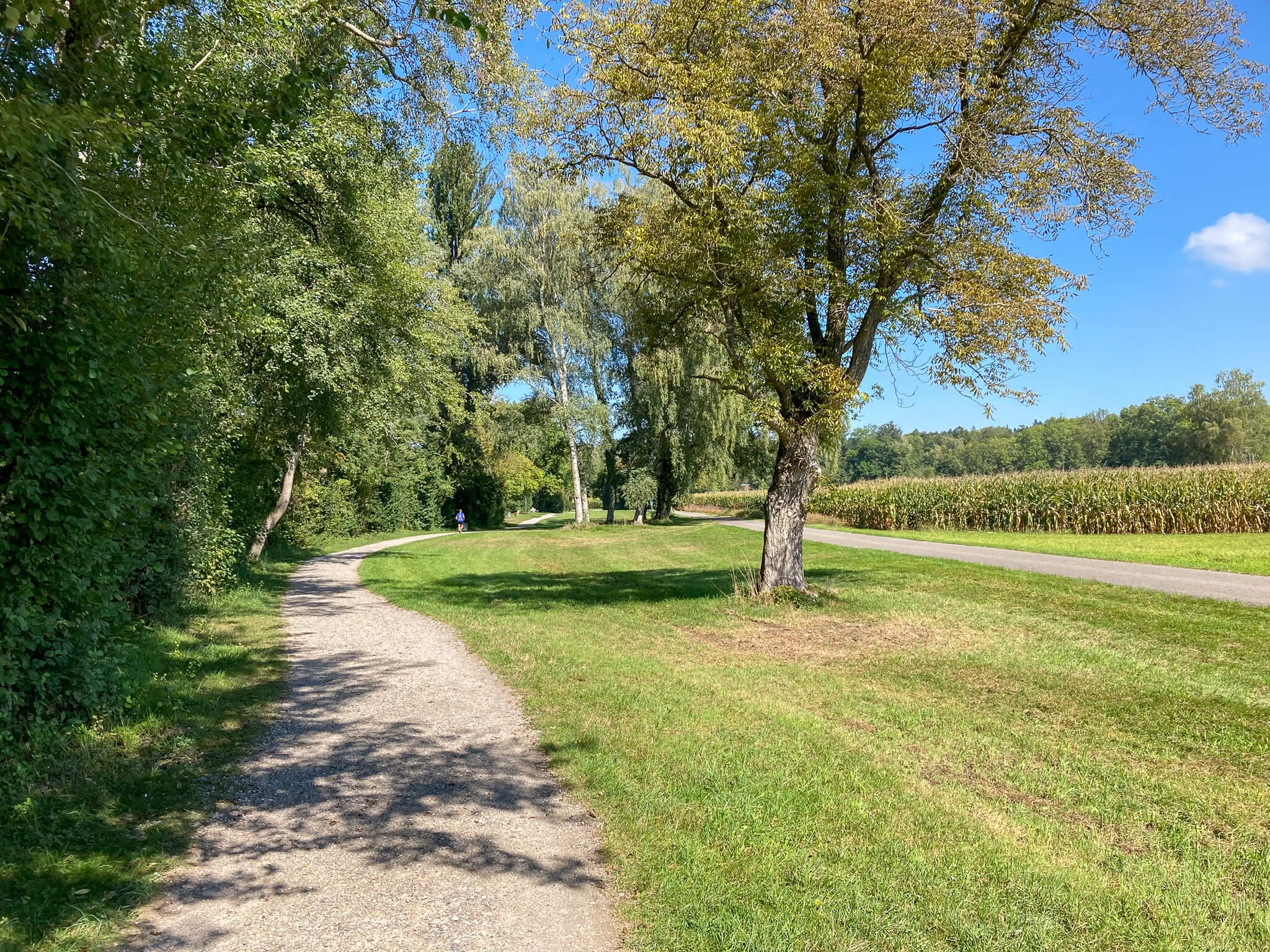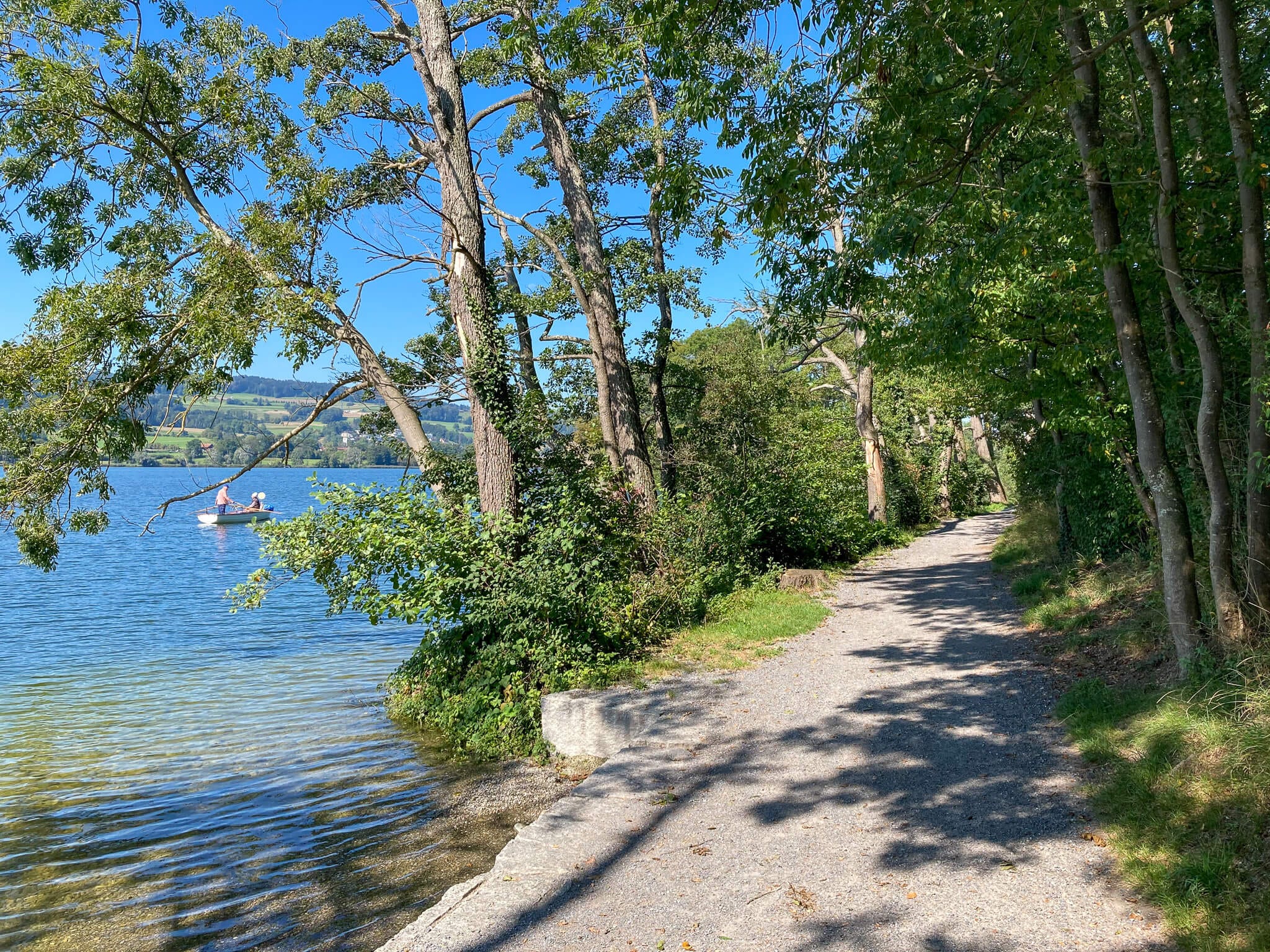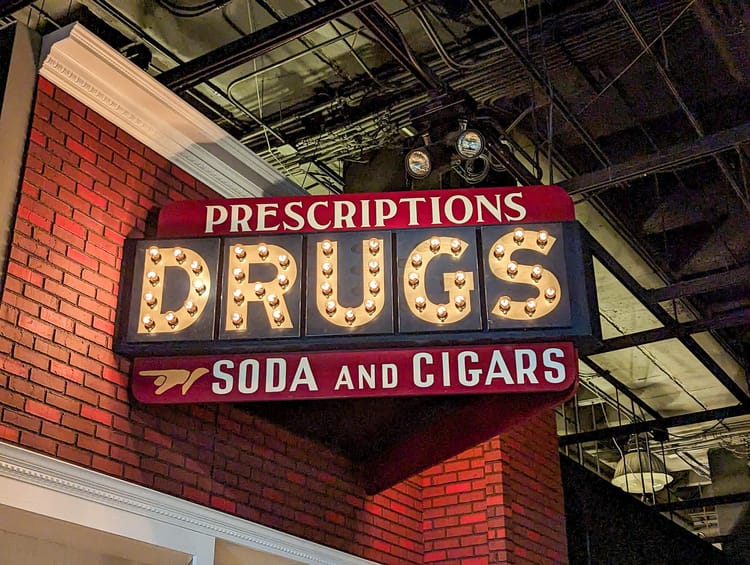A Handful of Harmful Beliefs Shackle Us to Mediocrity … or Worse

Greetings friends!
If, like me, you see signs of societal decay, you’re probably feeling frustrated, scared, and a bit helpless. “How did things get so fraught so quickly? Why does it feel like all our options are bad?”
I refuse to give in to pessimism. I believe in the power of ideas. I believe that a single idea can change the world.
What follows is a summary of harmful beliefs that have taken hold of many minds, together with a prescription of possible remedies. I’m sure I haven’t described them perfectly. Let’s make the ideas better so that together we can make the world better.
1. To win the argument, I must defeat my opponent
I start with this belief because it represents a most dangerous detour in the search for better ideas.
The power of an idea does not depend on who it comes from. Once stated, an idea should stand or fall on the strength of its merits. We should all be partners in the search for better ideas.
To improve the world, we must surface and polish the best ideas, from whatever source.
2. Hurting my opponent makes me stronger
Within a society, your “opponent” is your fellow citizen. They may disagree with you about an idea, but you are part of the same society.
When you tear down your opponent, you weaken the society you live in. When you help your opponent see the beauty of a better idea, you both become stronger.
3. If it’s in the Constitution, it cannot be challenged
The Constitution was the result of careful thought but also great compromise. The “rights” we so happily recite were themselves added as amendments to the Constitution.
We changed it at the outset, and we have changed the Constitution many times since. It’s hard to do, which provides stability. But we know how to do it. Thus, pointing to a Constitutional clause should be the start of discussion, not the end of it.
So too if we respect our Constitutional system, we must accept that a bare majority is not enough to change it.
4. If it’s not in the Constitution, it isn’t important
The Constitution has endured for centuries, not because it answered every question but because it provided a system for future questions to be answered. The three branches of government act within prescribed limits to implement the people’s will consistent with the Constitution.
But remember this: The Constitution does not create rights. It describes rights we already have and sets out limits on the government’s ability to infringe upon those rights. The Constitution gives only limited powers to the Federal government. All other powers are reserved to the States and ultimately, belong to us citizens.
We decide what’s important. Having done so, we must find the right way to implement our wishes, which may be at the Federal level but is often best handled at the State level or by no regulation at all.

5. All inequality is bad
The outcomes people experience in life result from many factors, only some of which are in our control. But if we say that what a person does is irrelevant to the outcomes they experience, we destroy the power of incentives — both good and bad.
Laws become irrelevant when breaking those laws goes unpunished. Working hard and saving money become foolish when doing so results in the State taking away one’s excess and giving it to another.
Yes, some inequality can be the result of misdeeds or oppression. But the remedy for this is to punish misdeeds and reduce oppression. Simply reducing inequality without regard for how it came about destroys the human motivation to strive and excel.
6. All diversity is good
Diversity just means different. When difference brings a functional benefit it may be useful. Diversity for the sake of diversity without reference to effect is meaningless or worse. We can see all the colors in the visible spectrum, but we do not choose to use all of them at once when we paint our houses. Why?
Why should having a person of every color make a difference in building houses, writing software, or growing potatoes? How does having people with every gender orientation improve the quality of a movie, the competitiveness of a product, or the breadth of a marketing campaign?
When applied as mere tokenism, without an explanation of what the benefits of diversity may be, quotas and mandates harm the cause of inclusivity far more than they help.
If we mean inclusiveness, let’s say so. If we think viewpoint diversity improves decision-making, we should explain why only some forms of diversity are sought after and others expressly avoided.
7. Protecting the weak is a virtue
Protecting the defenseless may be noble. Caring for infants, the infirm, and the elderly reflects the simple understanding that we all may experience periods when we cannot care for ourselves.
What does it say, though, when we care for adult, able-bodied people who merely wish not to work and choose not to care for themselves? They are weak, true, but when does the weakness that a person chooses (whether by action or inaction) become society’s problem?
Is it a kindness to call a handout an entitlement, or does it demonstrate cruelty to make someone a permanent dependent? Protecting the weak without regard to how they came to that condition is no sign of strength. And it skews incentives to create undesired behavior.
8. Taking responsibility for people helps them
Who are we protecting when we do not tell our children hard truths and so prevent them from growing up? When we shield citizens from the consequences of their actions, how will they learn that actions have consequences?
What do we expect our society to look like when individuals are not responsible for their actions? Or if you prefer the positive case, under what conditions do we ourselves flourish? When we face no challenges, or when we not only face them but overcome them?

9. There are perfect solutions to problems
Thomas Sowell tells us, “There are no solutions, only trade-offs.” For every intended consequence, there are unintended consequences. For every benefit, there are costs. For every priority we select, we deprioritize other initiatives.
Problem-solving is messy and complex. When leaders pretend to seek perfect solutions, they are foolish idealists. When they pursue imperfect solutions without regard to the trade-offs, they waste time and money. And when they neglect foreseeable harmful consequences, they squander public trust.
The question is never “What is the perfect solution?” Rather, we should ask “What can we do, with the resources we have to hand, that would be better than what we do today?” We must seek pragmatic solutions, not perfect ones.
10. There are no solutions to hard problems
I end with this belief because it is as harmful to our progress as all the other ideas on our list. Humans have solved hard problems many times. It’s our superpower.
Too frequently we see people turning away from problems that appear intractable. Climate, national debt, immigration, gun violence, foreign wars — the list is imposingly long. Each of them tempts us to say “Too big, too hard, too messy. It’s not possible!”
Do you know how I run marathons? A single step at a time. I don’t know anyone, no matter how fast, who’s ever done it differently.
Sure, the idea of running a marathon once seemed improbable, even ridiculous, for almost everyone who ever considered it. But then you educate yourself on what’s needed, design a training plan, and put miles on your running shoes. And some months later, there you are, making your way across the finish line, tired but happy.
As a society, we can slowly and steadily make things better. That is, just as soon as we stop making them steadily worse. The best way I know to stop making things worse is to jettison the beliefs that are holding us back.
Be well.
If you’d like to feel the wind at your back and a spring in your step, sign up to receive this newsletter every week.






Member discussion